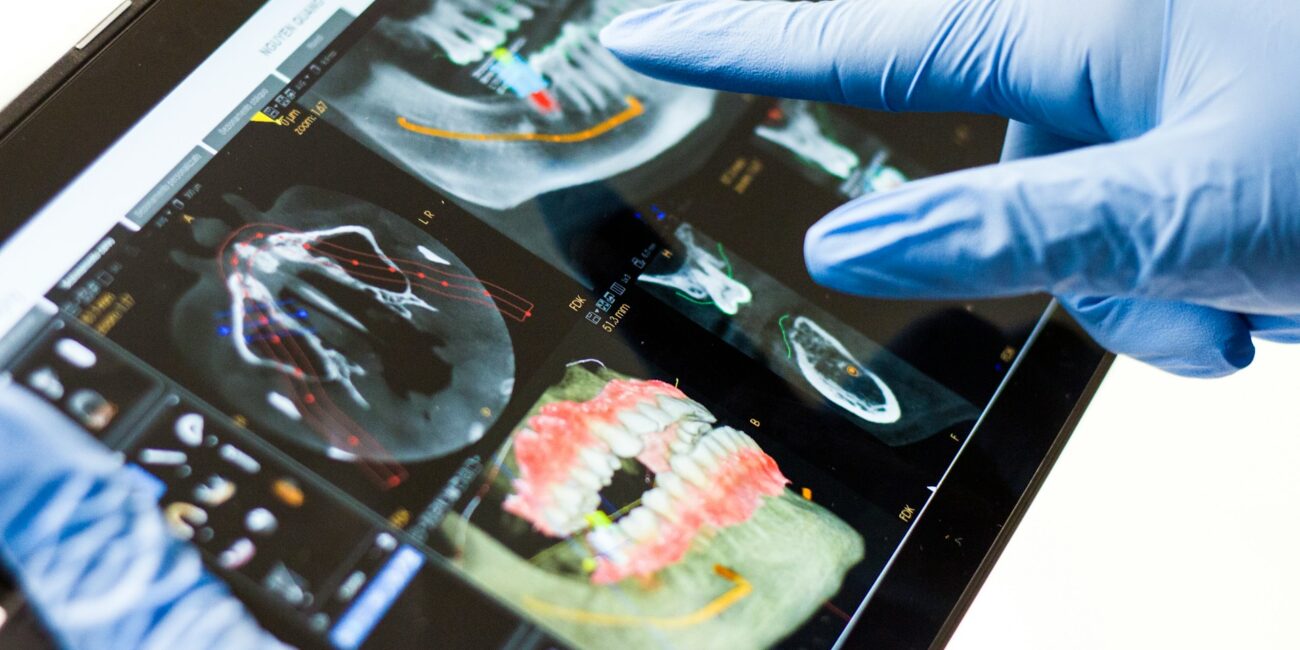Technology plays a transformative and essential role in medical science, improving how diseases are diagnosed, treated, and prevented. Here are some key areas where technology is making a significant impact:
✅ 1. Accurate Diagnosis
- Advanced imaging systems (MRI, CT scans, PET scans)
- AI-based diagnostic tools that detect diseases like cancer early
- Genetic testing and molecular diagnostics
✅ 2. Better Treatment & Patient Care
- Robotic surgeries for precision (e.g., Da Vinci surgical system)
- AI-assisted treatment planning (especially in cancer care)
- Advanced prosthetics and implants
- Personalized medicine based on genetics
✅ 3. Telemedicine & Remote Healthcare
- Online doctor consultations
- Remote monitoring of patients (e.g., wearable devices like smart watches)
- Mobile health apps for managing chronic diseases like diabetes and heart disease
✅ 4. Medical Research & Drug Development
- AI-driven drug discovery
- Simulation and modeling of diseases and treatments
- Genome editing tools like CRISPR
✅ 5. Automation & Hospital Management
- Electronic health records (EHR)
- Smart hospital systems (robots for medicine delivery, automated monitoring)
- AI chatbots for medical assistance and triage
✅ 6. Training & Education
- Virtual reality (VR) and augmented reality (AR) for surgical training
- 3D anatomy visualization for medical students
- Simulation labs for emergency practice
✅ 7. Preventive Healthcare
- Wearables detecting heart issues or sleep problems
- AI predicting risk for diseases
- Digital health platforms encouraging healthy lifestyles
📌 Conclusion
Technology in medical science enhances precision, reduces human error, speeds up research, and makes healthcare more accessible and personalized. It is revolutionizing the medical world and shaping the future of healthcare.




No Comment! Be the first one.